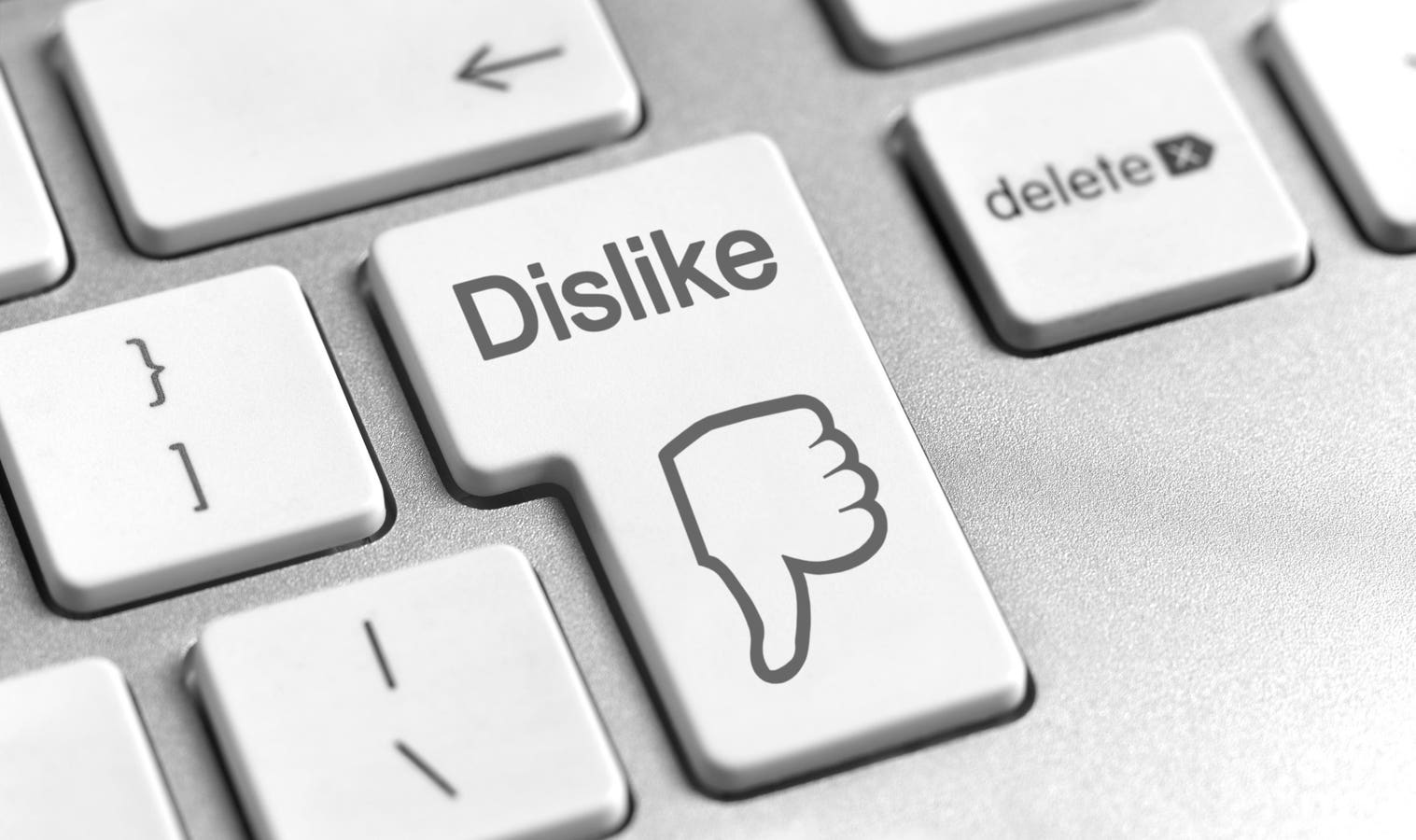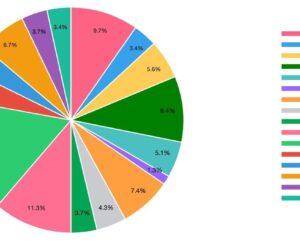Three-quarters of Americans agree that the transformative power of AI would benefit more people if … More
Three out of four Americans believe decentralized AI is more likely to support innovation and societal progress than traditional, centralized AI models dominated by Big Tech, according to new polling data released by Digital Currency Group and The Harris Poll.
The nationally representative survey of 2,036 U.S. adults – including registered voters and AI users – found strong bipartisan support for DeAI, signaling a notable public shift away from tech monopolies and toward open source, distributed alternatives. DeAI leverages blockchain infrastructure to democratize access, bolster transparency and protect personal data – features that may address some of the public’s deepest concerns about current AI systems.
“This research makes it clear – there’s strong public support for policies that both protect innovation and keep pace with where the world is headed,” said Julie Stitzel, Senior Vice President of Policy at DCG. “Three-quarters of Americans agree that the transformative power of AI would benefit more people if it wasn’t consolidated in the hands of a few major players.”
This sentiment was especially pronounced among older Americans. More than half of the surveyed Baby Boomers (57%) favor decentralized AI, the highest percentage among any age group. Despite being the least likely to use AI tools, Boomers were most likely to perceive DeAI as beneficial (88%), trustworthy (85%) and more secure for personal data (82%).
“What stood out most in the findings is the clear correlation between AI knowledge and support for decentralization,” Stitzel added in a text response. “The deeper Americans engage with AI, the more they recognize the need to decentralize its power, regardless of political affiliation. This reflects a broader desire for innovation that is open, secure and accountable. Just as we’ve seen with digital assets, the public is calling for systems that do not concentrate control in the hands of a few but instead widen access and trust through transparency.”
Statistical highlights from the DCG sponsored survey of more than 2,000 participants comparing pros … More
DeAI Wins Despite Distrust in Big Tech And Elected Officials
While Americans are broadly optimistic about AI – 91% believe it will fuel technological innovation and 84% see benefits to productivity and healthcare – deep skepticism remains about who controls it. The poll found that 65% of respondents distrust elected officials to manage AI, and 46% say the same of Big Tech.
Half of those surveyed believe Big Tech has too much influence over government AI policy. Meanwhile, 72% of respondents said they would be more inclined to use AI if there were viable alternatives to platforms developed by major tech companies.
“The public is calling for a new social contract with artificial intelligence: one where AI is governed openly, distributes value fairly, and gives people a meaningful stake in the systems that shape their lives,” said Tony Douglas, Co-Founder of the Decentralized Research Center said in a statement. “Decentralization is no longer a fringe idea – it’s a framework for building AI that reflects public values and a chance to avoid repeating the failures of the last tech era.”
AI’s Critical Issues – Privacy, Oversight And Control
The strongest driver behind the DeAI preference appears to be personal data control. The survey revealed that 88% of Americans want more agency over how their information is used by AI. Seventy-four percent said they’d be more comfortable using AI if they could directly benefit from their data – through ownership, consent or compensation.
More than 70% also see DeAI as more secure for personal data than centralized AI systems. That trust gap may explain why just 39% of Americans said they were confident tech companies use their data responsibly.
Beyond privacy, DeAI was also perceived as better aligned with the public good across several dimensions: 75% found it more supportive of innovation, 71% said it was safer and 65% said it was less likely to be biased than centralized AI.
“This growing public readiness to embrace decentralized AI is a signal that the future of intelligence can and should be more inclusive, resilient and fair,” said Evan Malanga, Chief Revenue Officer at Yuma, a DCG subsidiary that supports DeAI startups. “As awareness grows, so does the demand for systems that put individuals, not corporations, at the center. Protocols like Bittensor are already demonstrating what this can look like in practice, creating open networks where anyone can contribute to and benefit from AI. That kind of permissionless participation is what will unlock the next wave of innovation.”
AI Policy Implications And Political Relevance
Released alongside DCG’s recent policy fly-in event in Washington, D.C., the survey arrives as lawmakers continue grappling with AI regulation. During the two-day gathering, DCG and its portfolio companies – including Yuma, which supports DeAI subnet development on the Bittensor network – met with members of Congress and co-hosted a DeAI briefing with the bipartisan House Congressional Crypto Caucus.
While 68% of Americans agree that AI should be regulated at the federal level, the data suggest they’re looking for regulation that empowers, not restricts. Fifty-nine percent believe AI is becoming “as essential as the internet” and should be accessible without heavy-handed rules. Meanwhile, 71% support policies ensuring the economic benefits of AI flow back into local communities.
DeAI, with its decentralized control structures and token-based economies, could be a policy match. It not only reduces reliance on centralized servers and opaque algorithms but also aligns with voter demand for AI systems that benefit the public – not just platform owners or data brokers.
Whether that future ends up more decentralized may depend less on technical superiority and more on whether policymakers heed what appears to be a growing public mandate: that the next generation of AI should be open, equitable and governed by the many – not the few.








